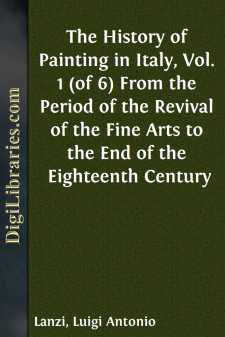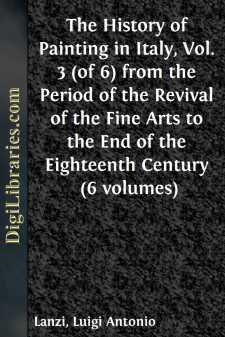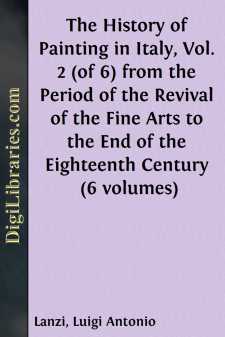Categories
- Antiques & Collectibles 13
- Architecture 36
- Art 48
- Bibles 22
- Biography & Autobiography 816
- Body, Mind & Spirit 145
- Business & Economics 28
- Children's Books 17
- Children's Fiction 14
- Computers 4
- Cooking 94
- Crafts & Hobbies 4
- Drama 346
- Education 58
- Family & Relationships 59
- Fiction 11834
- Foreign Language Study 3
- Games 19
- Gardening 17
- Health & Fitness 34
- History 1378
- House & Home 1
- Humor 147
- Juvenile Fiction 1873
- Juvenile Nonfiction 202
- Language Arts & Disciplines 89
- Law 16
- Literary Collections 686
- Literary Criticism 179
- Mathematics 13
- Medical 41
- Music 40
- Nature 179
- Non-Classifiable 1768
- Performing Arts 7
- Periodicals 1453
- Philosophy 66
- Photography 2
- Poetry 897
- Political Science 203
- Psychology 45
- Reference 154
- Religion 516
- Science 126
- Self-Help 85
- Social Science 82
- Sports & Recreation 34
- Study Aids 3
- Technology & Engineering 59
- Transportation 23
- Travel 463
- True Crime 29
Our website is made possible by displaying online advertisements to our visitors.
Please consider supporting us by disabling your ad blocker.
The History of Painting in Italy, Vol. 1 (of 6) From the Period of the Revival of the Fine Arts to the End of the Eighteenth Century
Description:
Excerpt
PREFACE.
When detached or individual histories become so numerous that they can neither be easily collected nor perused, the public interest requires a writer capable of arranging and embodying them in the form of a general historical narrative; not, indeed, by a minute detail of their whole contents, but by selecting from each that which appears most interesting and instructive. Hence it mostly happens, that the diffuse compositions of earlier ages are found to give place to compendiums, and to succinct history. If this desire has prevailed in former times, it has been, and now is, more especially the characteristic of our own. We live in an age highly favourable, in one sense at least, to the cultivation of intellect: the boundaries of science are now extended beyond what our forefathers could have hoped, much less foreseen; and we become anxious only to discover the readiest methods of obtaining a competent knowledge, at least, of several sciences, since it is impossible to acquire them all. On the other hand, the ages preceding ours, since the revival of learning, being more occupied about words than things, and admiring certain objects that now seem trivial to the generality of readers, have produced historical compositions, the separate nature of which demands combination, no less than their prolixity requires abridgment.
If these observations are applicable to other branches of history, they are especially so to the history of painting. Its materials are found ready prepared, scattered through numerous memoirs of artists of every school which, from time to time, have been given to the public: and additional articles are supplied by dictionaries of art, letters on painting, guides to several cities, catalogues of various collections, and by many tracts relating to different artists, which have been published in Italy. But these accounts, independent of want of connexion, are not useful to the generality of readers. Who, indeed, could form a just idea of painting in Italy by perusing the works of certain historians of latter ages, and some even of our own time, which abound in invectives, and in attempts to exalt favourite masters above the artists of all other schools; and which confer eulogies indiscriminately upon professors of first, second, or third-rate merit? How few are there who feel interested in knowing all that is said of artists with so much verbosity by Vasari, Pascoli, or Baldinucci; their low jests, their amours, their private affairs, and their eccentricities? What do we learn by being informed of the jealousies of the Florentine artists, the quarrels of the Roman, or the boasts of the Bolognian schools? Who can endure the verbal accuracy with which their wills and testaments are recorded, even to the subscription of the notary, as if the author had been drawing up a legal document; or the descriptions of their stature and physiognomy, more minute than the ancients afford us of Alexander or Augustus? Not that I object to the introduction of such particulars in the lives of the great luminaries of art: in a Raffaello or a Caracci minute circumstances derive interest from the subject; but how intolerable do they become in the life of an ordinary individual, where the principal incidents are but little interesting?...




